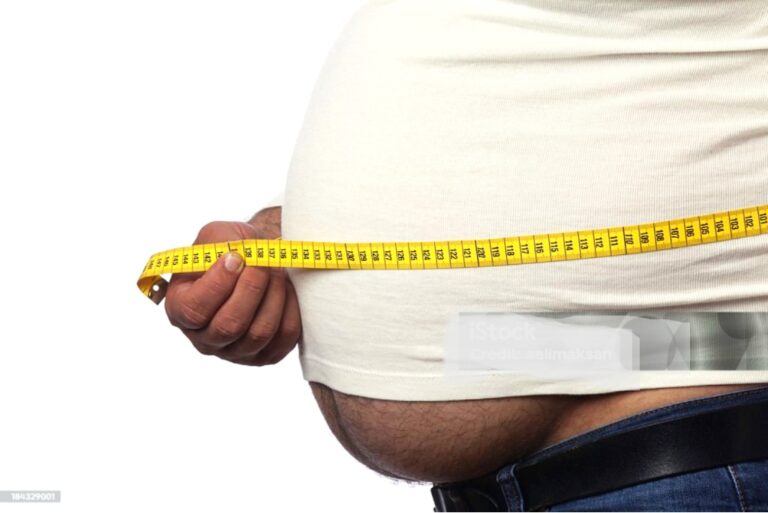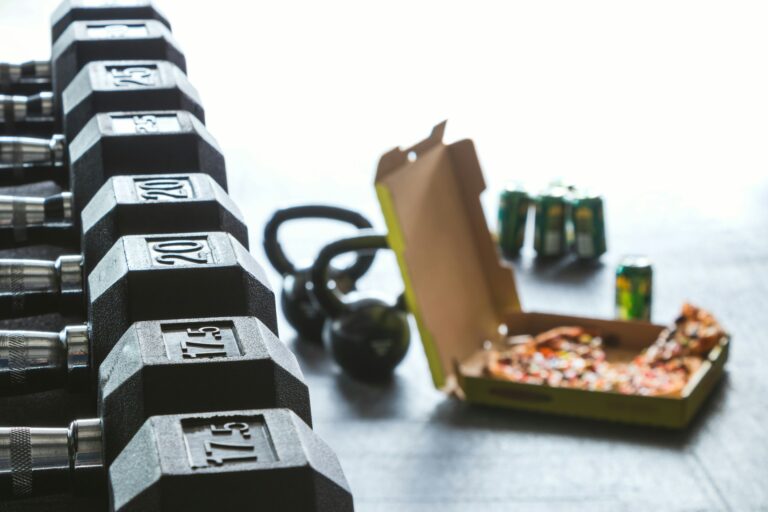Food for the Brain: Nutritional Strategies to Support Recovery After a Stroke
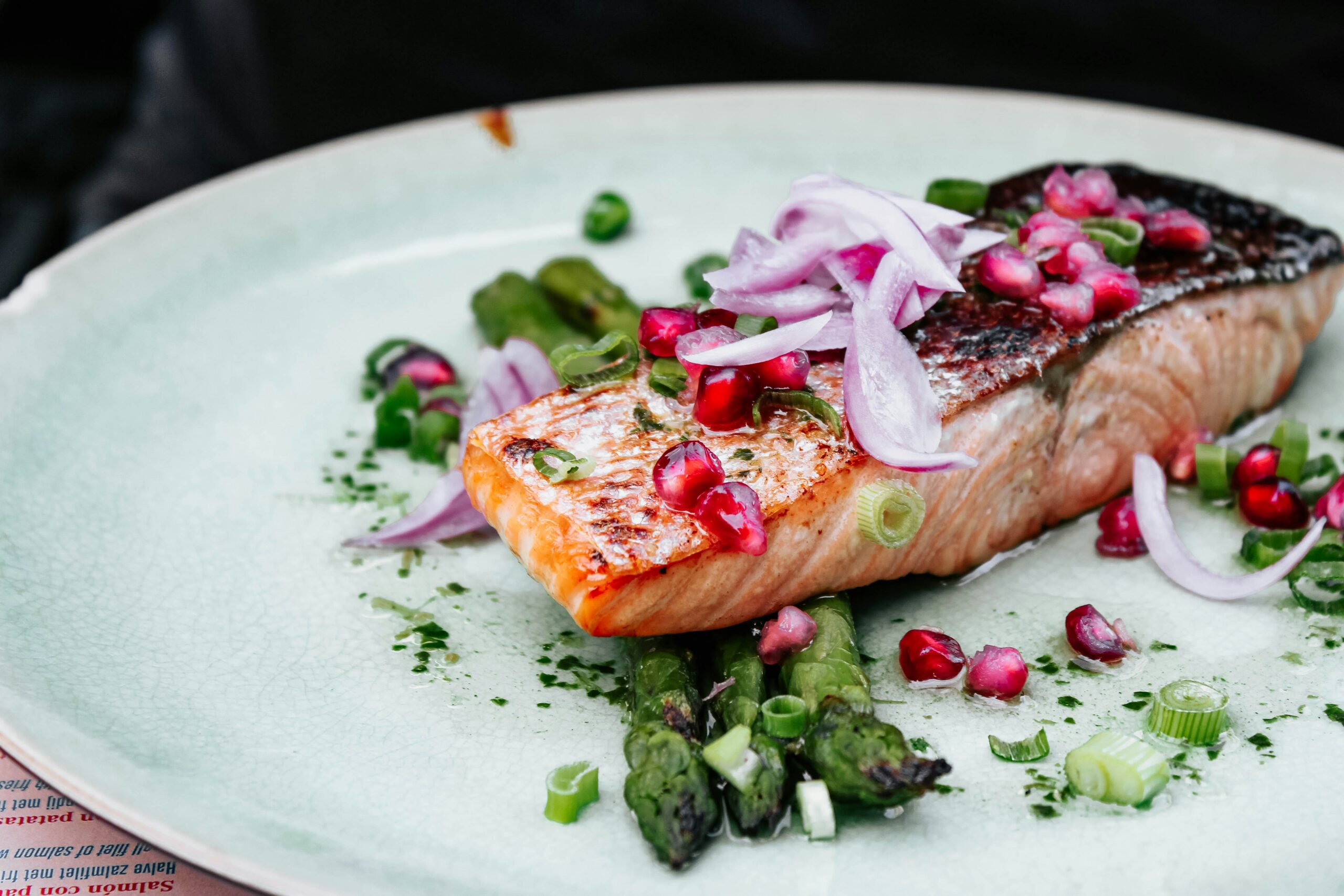
A stroke can be a life changing event, it affects not only physical abilities but also cognitive function and emotional well-being. While medical interventions and rehabilitation are critical, nutrition plays a powerful role in supporting brain recovery. From reducing inflammation to promoting neural repair, the foods we eat can significantly influence the healing process.
Lets explore how nutritional strategies that nourish the brain and help in the recovery from the stroke
The Science Behind Nutrition and Stroke Recovery
After a stroke, the brain enters a critical healing phase where it works to repair damaged cells and rewire neural connections. This process, known as neuroplasticity, relies heavily on proper nutrition. Certain nutrients can reduce inflammation, protect against oxidative stress, and provide the building blocks for new brain cells.
Key Nutrients for Stroke Recovery. Here are some of the most important nutrients for brain recovery and the foods that provide them:
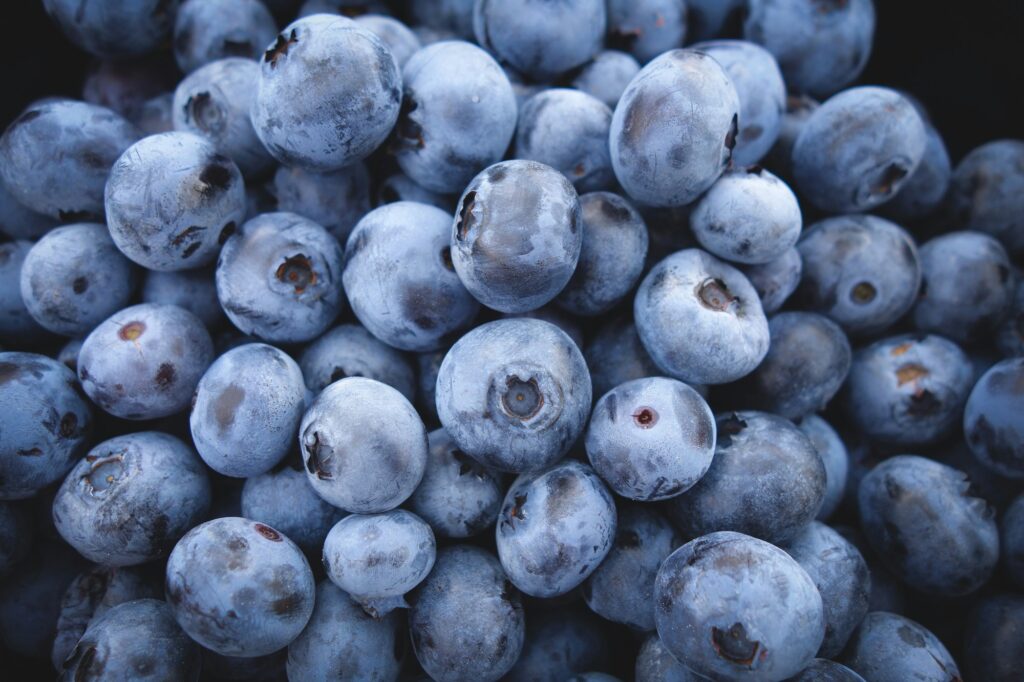
1.Omega-3 Fatty Acids:
Omega-3s are crucial for brain health, as they reduce inflammation and support the repair of damaged neurons. Common foods that are rich in omega-3s are like Fatty fish such as salmon, sardines. Other foods also include walnuts, chia seeds and algae-based supplements
2.Antioxidants
Antioxidants protect brain cells from oxidative stress. Oxidative stress is basically a tug of war between harmful molecules called free radicles and your body’s defense system “antioxidants”. This can worsen damage after a stroke. And thus, taking foods which have anti-oxidants is very important in order to boost healing after a stroke. Foods that have antioxidant effects are like; Berries (blueberries, strawberries), dark leafy greens (spinach, kale), nuts, seeds, and colorful vegetables like bell peppers and carrots.
3.B Vitamins (B6, B9, B12)
B vitamins play a key role in nerve function and also help lower harmful chemicals that may increase risk of stroke such as homocysteine. Foods that may be a good source of the B vitamins can be like whole grains, legumes, eggs, leafy greens, and fortified cereals.
4.Magnesium
Magnesium is an essential mineral that plays crucial role in numerous bodily functions. It supports brain plasticity and helps regulate blood pressure, a critical factor in stroke prevention and recovery. Spinach, almonds, avocados, dark chocolate, and pumpkin seeds are some good sources of magnesium
5.Polyphenols
Polyphenols are a large group of chemical compounds that are found in plants. They are known for their anti-oxidant effect. They also help improve blood flow to the brain and enhance cognitive function. Green tea, dark chocolate, red grapes, and colorful fruits like cherries and pomegranates are some foods you may want to consider as a source of polyphenols
6.Protein
Protein is essential for repairing tissues and maintaining muscle strength, which is often compromised after a stroke. Lean meats, fish, eggs, legumes, tofu, and Greek yogurt should be considered as a great source
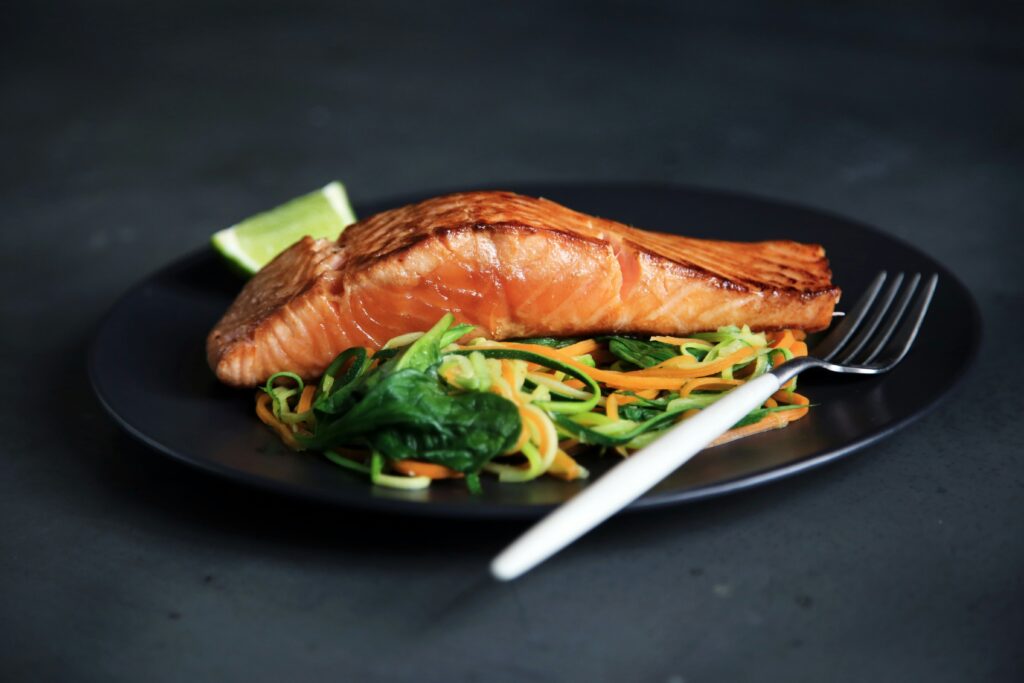
Foods to Avoid
While certain foods can support recovery, others can do the opposite. Here’s what to limit or avoid if possible: Processed Foods, Excessive Alcohol, Trans Fats which are Found in fried and packaged foods,
However, nutrition is just one piece of the puzzle. A holistic approach to stroke recovery addresses the mind, body, and soul, creating a foundation for lasting healing. Engage in activities that stimulate the brain. Practice mindfulness or meditation Connect with loved ones or join a support group to foster emotional well-being. Explore creative outlets like art, music, or journaling to express emotions and reduce stress. Incorporate gentle physical activity, such as walking, yoga, Prioritize sleep, stay hydrated!!
Remember, every small step counts. Whether it’s adding a handful of berries to your breakfast or taking a few minutes to meditate, these choices can have a great impact on your recovery. Always consult with healthcare professionals, such as dietitians or neurologists, to tailor a plan that meets your unique needs.
Happy Healing!!


